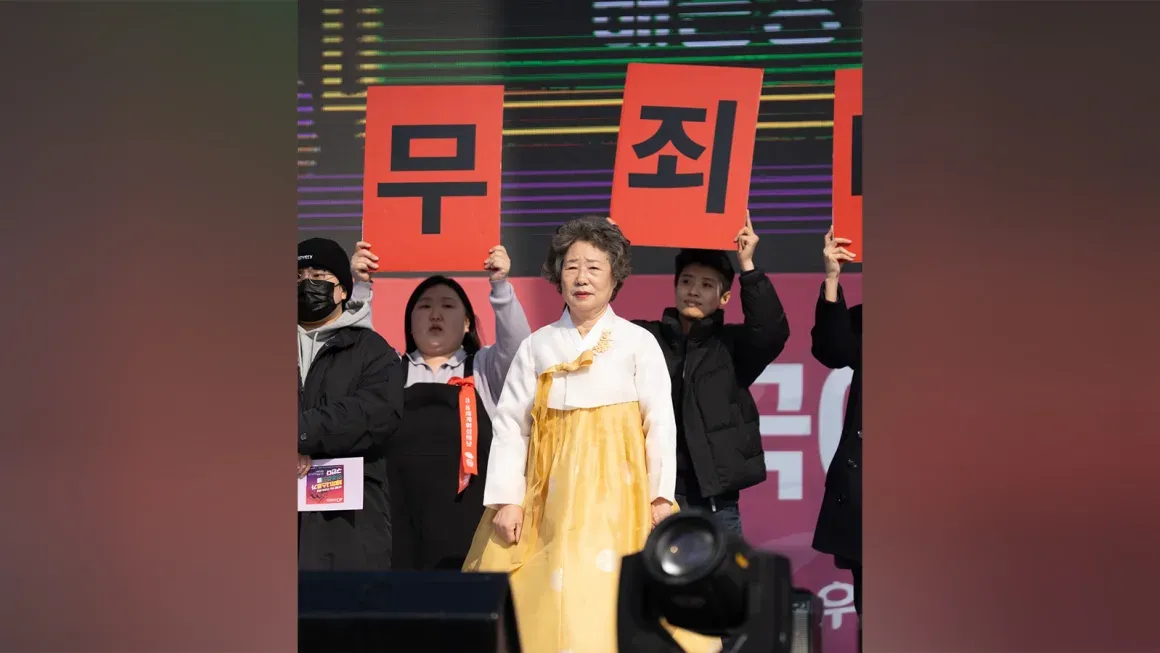Grandmother who bit off attacker's tongue in 1964 now fighting to overturn shocking conviction

60 years ago, she bit her attacker's tongue off. Now at 78, she's fighting to clear her name.
What would you do if someone attacked you? For Choi Mal-ja, her instinctive act of self-defense in 1964 led to a conviction that has haunted her for six decades – and now, she's finally fighting back.

The story begins on a spring evening in 1964 when 18-year-old Choi stopped to help a man asking for directions in her South Korean hometown. What happened next would change her life forever.
After tackling her to the ground and attempting to force his tongue into her mouth, Choi did what many would consider a reasonable act of self-defense – she bit approximately 1.5cm (0.6 inch) off his tongue to escape the assault.
But in 1960s South Korea, where a common saying suggested "women and dried pollock need to be beaten every three days for better taste," it wasn't the attacker who faced serious consequences – it was Choi.

Despite her claims of self-defense, prosecutors dropped the attempted rape charges against her attacker and instead charged Choi with grievous bodily harm. The courts sentenced her to 10 months in prison and two years of probation – a harsher punishment than the six months and one year probation her attacker received for trespassing and threatening her family.
Even more shockingly, during the investigation, Choi claims she was forced to undergo a virginity test, the results of which were made public. Prosecutors and judges reportedly asked if she would like to marry her attacker to "make amends" for his injuries, suggesting no other woman would want to marry a man with half a tongue.
Now, at 78 years old, Choi is taking her fight to South Korea's highest courts.

"The girl's life, which couldn't even blossom, was forever unfair and in resentment… the country must compensate for my human rights," Choi wrote in her letter to the Supreme Court.
After her initial request for a retrial was rejected in 2021, Choi refused to give up. With the help of the Korea Women's Hot-Line counseling center, she gathered over 15,000 signatures and staged a one-person relay protest outside the Supreme Court for a month. In total, 42 supporters took turns demonstrating in solidarity with her cause.
Her persistence paid off when the Supreme Court finally granted her request, calling her testimonies about unfair treatment during the investigation "consistent" and "credible." The retrial will be held at the Busan District Court, which originally dismissed her application.

Legal experts say the outcome could have far-reaching consequences for women's rights in South Korea. Choi's case is even cited in Criminal Procedure Act textbooks as an example of using "excessive force" in self-defense – a precedent that could finally be overturned.
Kim Su-jeong, a director at the Korea Women's Hot-Line, says attitudes toward sexual violence have changed dramatically since the 1960s, but there's still work to be done. According to police statistics, more than 22,000 rapes and indecent assaults occurred in 2023 in South Korea.
"I believe that women will only be able to protect themselves from sexual abuse and make a world without sexual violence when the court indisputably redefines victim and perpetrator, recognizes self-defense, and changes the outdated law," Choi wrote in her letter to the Supreme Court.
As the retrial approaches, Choi's six-decade fight for justice has become a symbol of resistance against patriarchal systems that have long failed to protect women.




